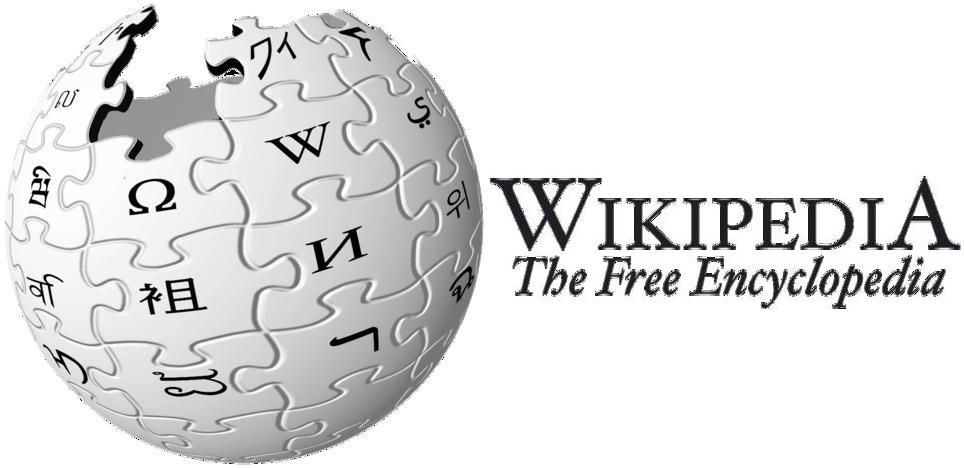Wikipedia was launched in 2001 and has since become the world’s single most important reference tool and information clearinghouse.
Unlike traditional encyclopedias, which are controlled by experts, Wikipedia was supposed to have democratized knowledge. Yet an emerging body of research indicates that Wikipedia suffers from systematic gender bias with respect to both contributors and content. How and why is this bias produced? We focus on identifying the mechanisms impinging on Wikipedia’s representation of several academic disciplines, drawn from the sciences, social sciences, and the humanities respectively. Drawing on theoretical insights from the sociology of knowledge, we are exploring potential gender differences in indicators of academic notability, the existence of networks that help contributors mobilize resources for content creation, gate keeping processes that result in challenges to content associated with women and scholarship, and the unintended consequences of Wikipedia’s policies themselves. Do these and other related processes vary across academic disciplines? The project deploys both quantitative and qualitative social science methods as it seeks to illuminate the gender-specific patterns of representation of scholars and scholarship.
Broader Impacts
We are committed to the goal of training new social scientists amid a landscape of enhanced interdisciplinary understanding. Yet the potential impact of this project reaches far beyond the academy. Underrepresentation of female scholars and associated scholarship reduces the quality and completeness of Wikipedia, imposing significant costs on the millions of readers who rely on it. Our findings should clarify where in the complex chain of knowledge gender disparities arise. The findings should also bolster ongoing efforts to address those disparities, in this case by improving quality and reducing bias on academic – and more general – Wikipedia.
